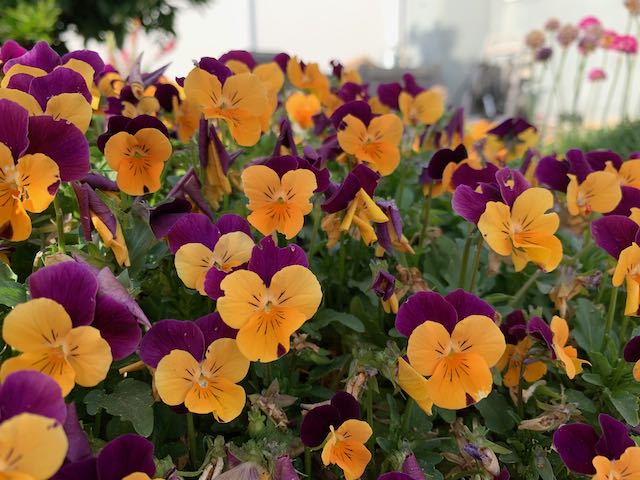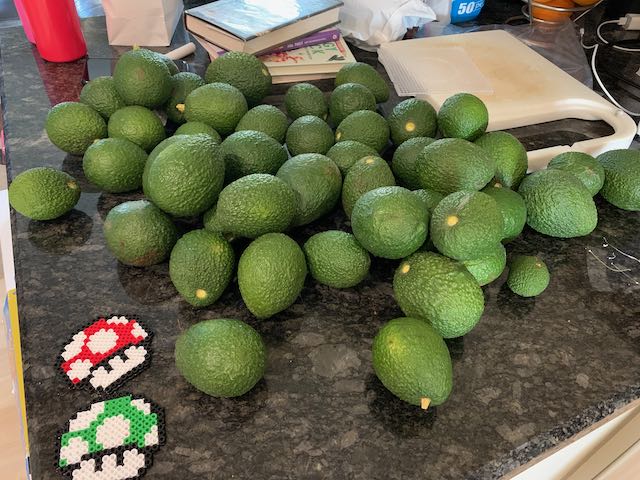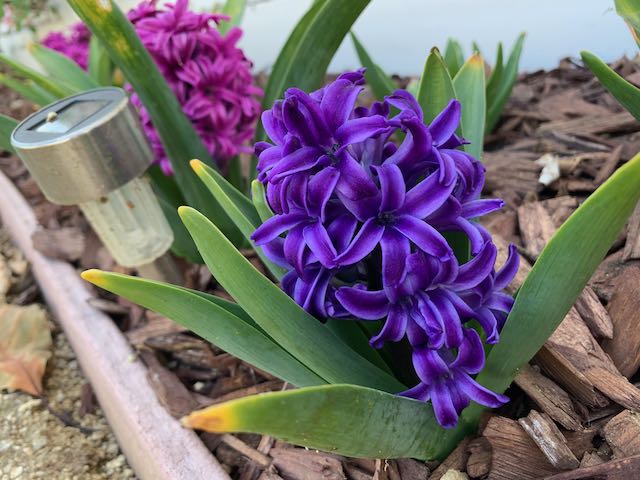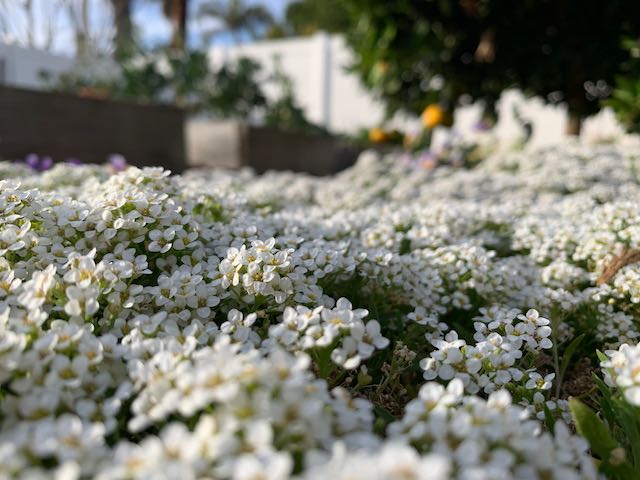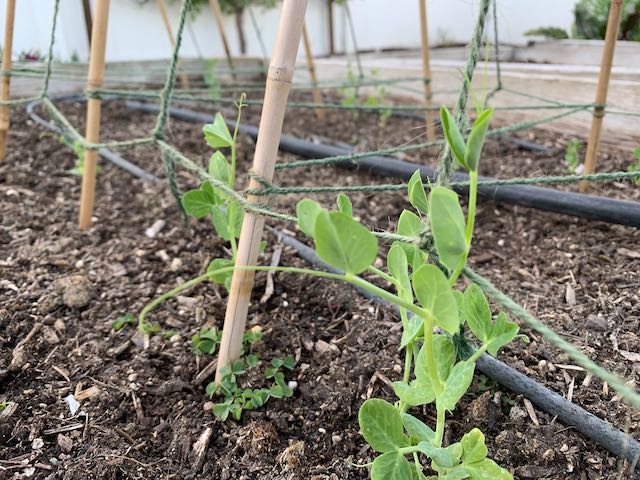The past few years, I’ve made a concerted effort to do less, but to do better, in my work as a librarian. Fewer projects, but more impactful work. Attending fewer conferences, but spending more time writing for publication. Accepting fewer committee appointments, but taking on more substantial roles in committees. I am not doing less in terms of my attention or impact, but only as measured by the number of distinct projects on my plate.
You can see the results of this effort reflected in my annual reviews. At my place of work, librarians are not tenured, but we do have a promotion plan that mimics the tenure review process. In order to progress in rank, we have to show evidence of development and impact in three areas: performance, professional development or research, and service. For each of these areas, we are expected to set annual goals at the beginning of the academic year.
The goals we set each June determine what we’ll be spend our time and attention on in the next twelve months. In June 2016, I set 25 goals for myself. Some of these included things like:
- Create a checklist for exhibition partners that outlines specific tasks for which exhibitors are expected to take responsibility when partnering with the library.
- Review and update the collection development policy for Music.
These goals did not require much of me and were fairly easy to accomplish. Not all of my goals were similar in scale. For example: “Work with the Office of International Students and Scholars to develop a library outreach plan for international students” required a substantial amount of collaboration and work. However, most of my 2016 goals were similar in scope and impact to the examples above. Here’s how my goals break down in the following years:
- In June 2017, I set 15 performance goals (plus 3 research goals and 4 service goals).
- In June 2018, I set 18 performance goals (plus 5 research goals and 5 service goals).*
- In June 2019, I set 14 performance goals (plus 4 research goals and 3 service goals).
- In June 2020, I set 9 performance goals (plus 3 research goals and 2 service goals).
*I was going up for promotion that year, hence the bump in ambition.
In June 2021, I only set 11 total goals (6 performance, 3 research, and 2 service): far less than I’ve done in the past. Goals in this year included things such as:
- Complete the development of a 2-3 year library outreach plan that outlines objectives, messaging, and assessment measures for four distinct campus communities: students, faculty, senior leadership, and the LIS community.
- Finish the assessment of the data collected from the programming feedback forms and write an article for publication about the process and results.
Moreover, I strategically crafted goals that could be mapped out to specific trimesters, so I was not trying to work on more than 3 goals at the same time. With the exception of one goal that I needed to drop because of an unexpected project than came onto my plate, I am on track to accomplish all my goals by the end of the academic year.
Next year, I am hoping to once again limit myself to no more than 6 performance goals, 3 research goals, and 2 service goals. Ideally, I’ll only be working on 2 high-impact performance projects each semester, plus 1-2 research projects, and 1 service project. Onward and upward.
